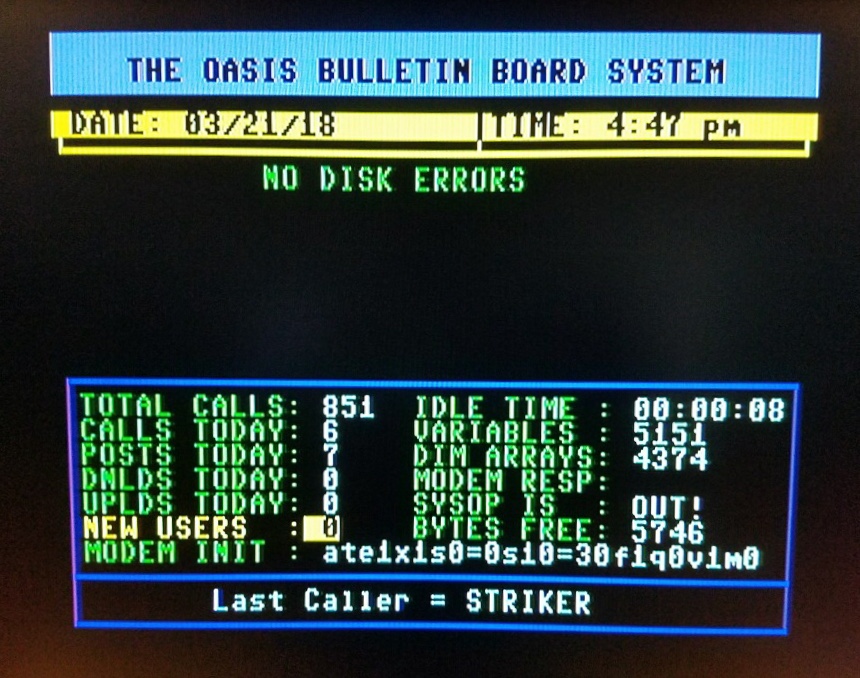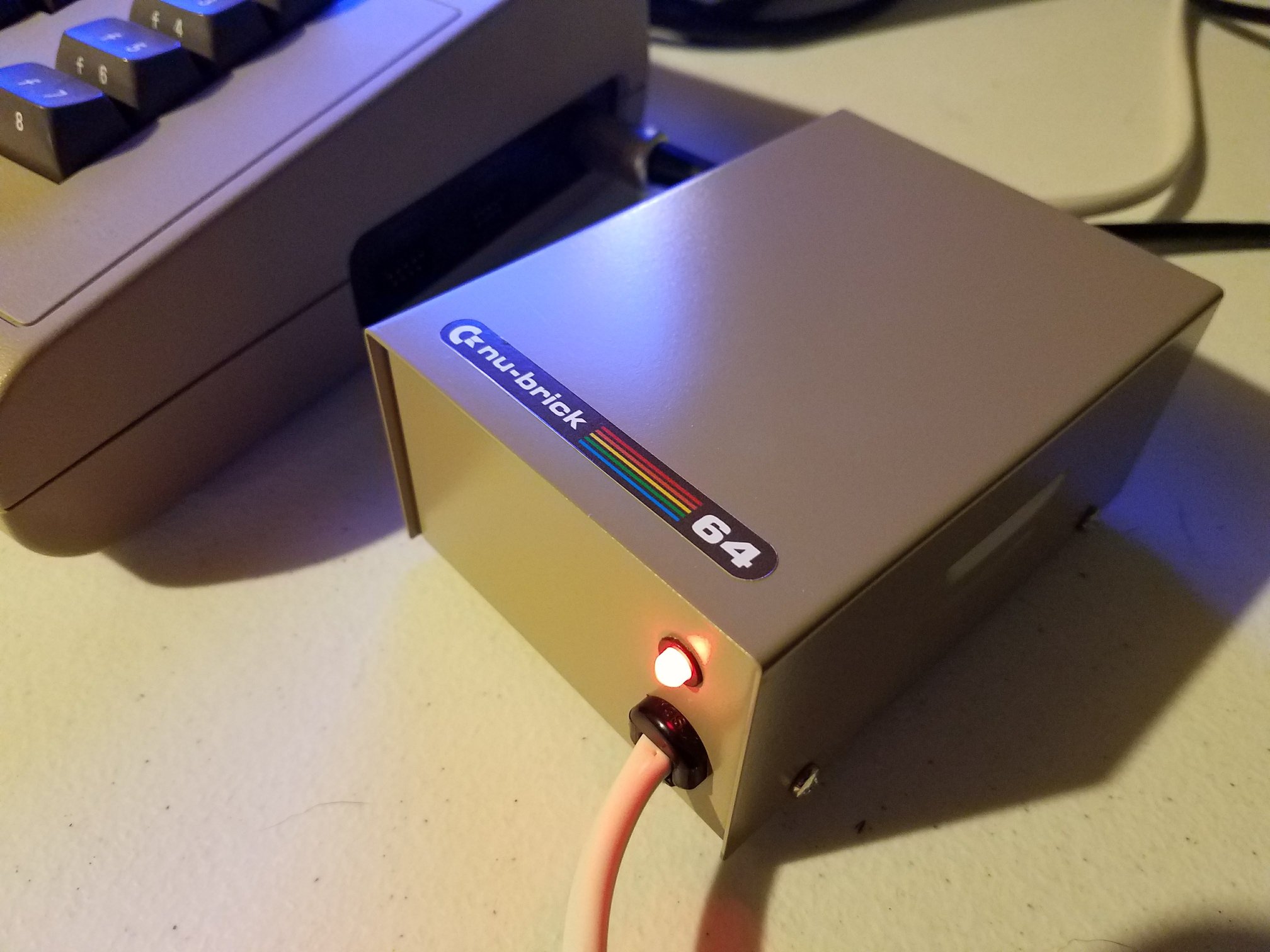Epictronics returns with a hands-on project featuring the DesTest MAX-Switch, a sophisticated alternative to the classic dead test cartridge for the Commodore 64. While the old dead test performs only basic memory checks, this new design runs a complete MarchB test, identifying subtle or marginal RAM faults that older tools often overlook.
Building the Tools for the Job
The project involves several custom PCBs, connectors, and cables sourced from PCBWay, AliExpress, and Mouser. The DesTest MAX-Switch PCB was designed by Matthew Desmond, and the video walks viewers through its construction in fine detail—assembling resistors, capacitors, LEDs, and sockets with precision. Epictronics’ host emphasizes the value of keeping spare components handy, saving time when a forgotten part stalls progress.
Once the DesTest MAX-Switch is complete, attention turns to building the diagnostic test harness—a crucial accessory that connects to various ports on the Commodore 64, allowing the diagnostic cartridge to perform its full suite of tests. The harness replicates the tools once used by Commodore service centers, now recreated for enthusiasts eager to maintain or repair their systems.
Challenges Along the Way
Not everything goes smoothly. The DesTest MAX-Switch initially fails to advance beyond its 4K RAM test. Epictronics methodically replaces resistors, capacitors, and EPROMs, and even inspects logic chips sourced from Mouser. Despite careful troubleshooting, the problem persists, hinting at a rare compatibility issue or an unseen hardware fault. The honesty of the process—frustration included—makes the episode both educational and relatable.
The test harness, however, works perfectly once assembled, quickly verifying keyboard, cassette, user, and serial ports. By using it, Epictronics can now test repaired Commodore 64s efficiently without swapping peripherals every time.
Looking Ahead
Although the DesTest MAX-Switch card remains stubbornly uncooperative, the project still delivers valuable insights for anyone maintaining vintage systems. Epictronics plans to revisit the faulty card once new logic chips and a fresh EPROM programmer arrive.
The video ultimately captures what makes retro computing projects so addictive—the balance of skill, patience, and problem-solving. Watch the full episode to see how even partial setbacks can lead to progress when passion for the Commodore 64 drives the work.







